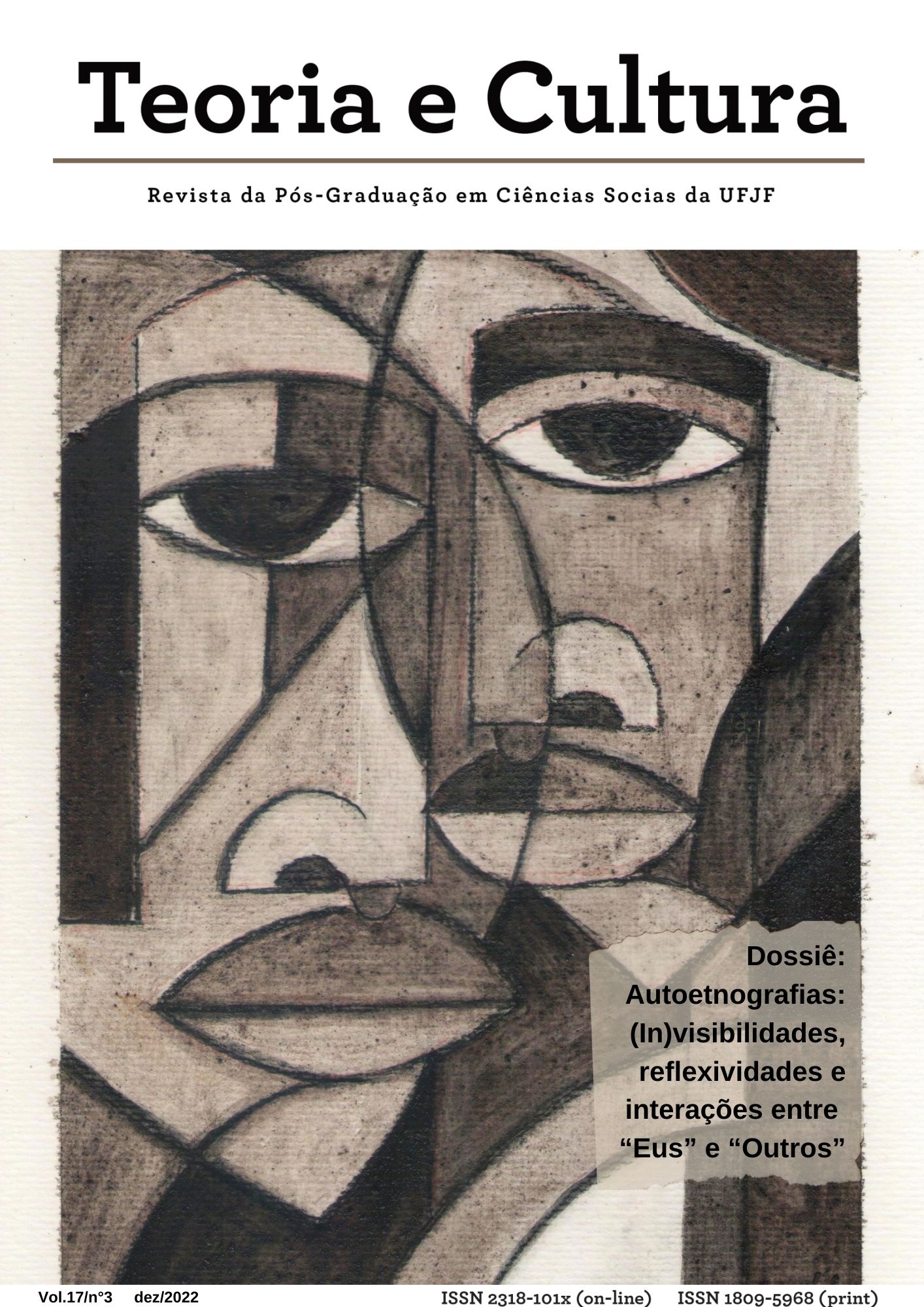Autoethnography as a counter-hegemonic practice
DOI:
https://doi.org/10.34019/2318-101X.2022.v17.38100Abstract
Abstract: Based on the book Critical autoethnography: intersecting cultural identities in everyday life (2014), organized by Robyn Boylorn and Mark Orbe, I propose in this article a discussion where I undertake the importance of analyzing the autoethnography uprooted from the civilizatory matrix, exclusively Western, in which it is usually inserted as a useful method only to express the experiences located in the differences or in the instance of recognizing diversity. Furthermore, I introduce some questions arising from the limitations imposed on praxis, for if we are talking about supremacy that exerts its domination over groups/peoples and, consequently, over knowledge, narrative, and truth, what does "anything" mean? By what parameters is "good writing" evaluated? How can creativity be quantified? What is the function of autoethnography if not all stories are considered appropriate? In this way, I am interested in demonstrating that autoethnographies can question stereotypes and hegemonic narratives, to create vast spaces for reflection, and to assist in the improvement of our incessant negotiations in the field of knowledge. Thus, through an interdisciplinary, critical, and corporally implicated (personal experience) perspective, I seek to weave and contribute to the expansion of the present discussion, which, in turn, is inexhaustible and crossed by countless complexities.
Keywords: Personal Narratives; Methodology; Qualitative Research; Autoethnography.








